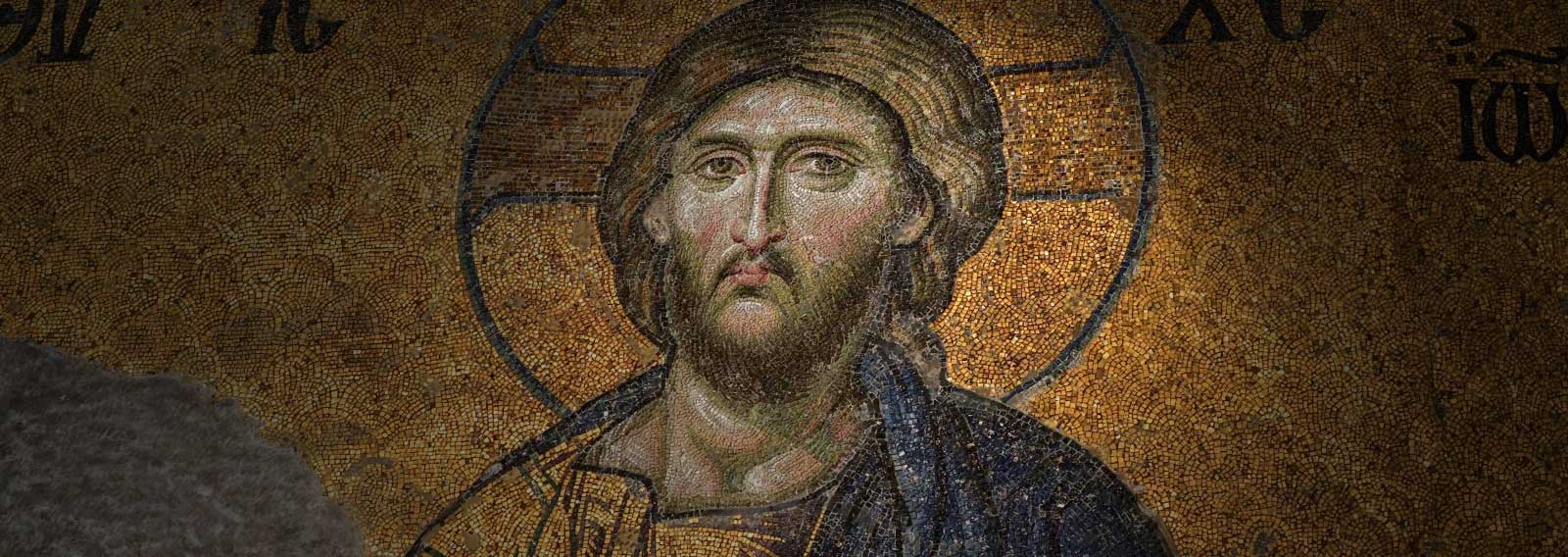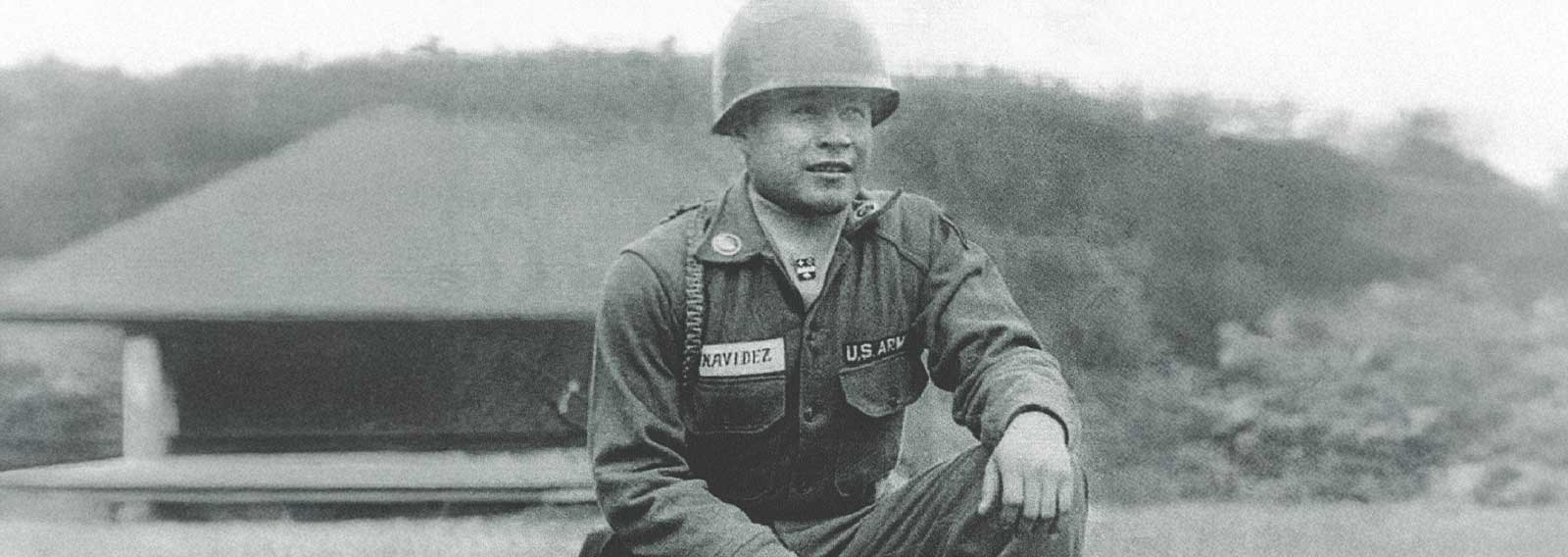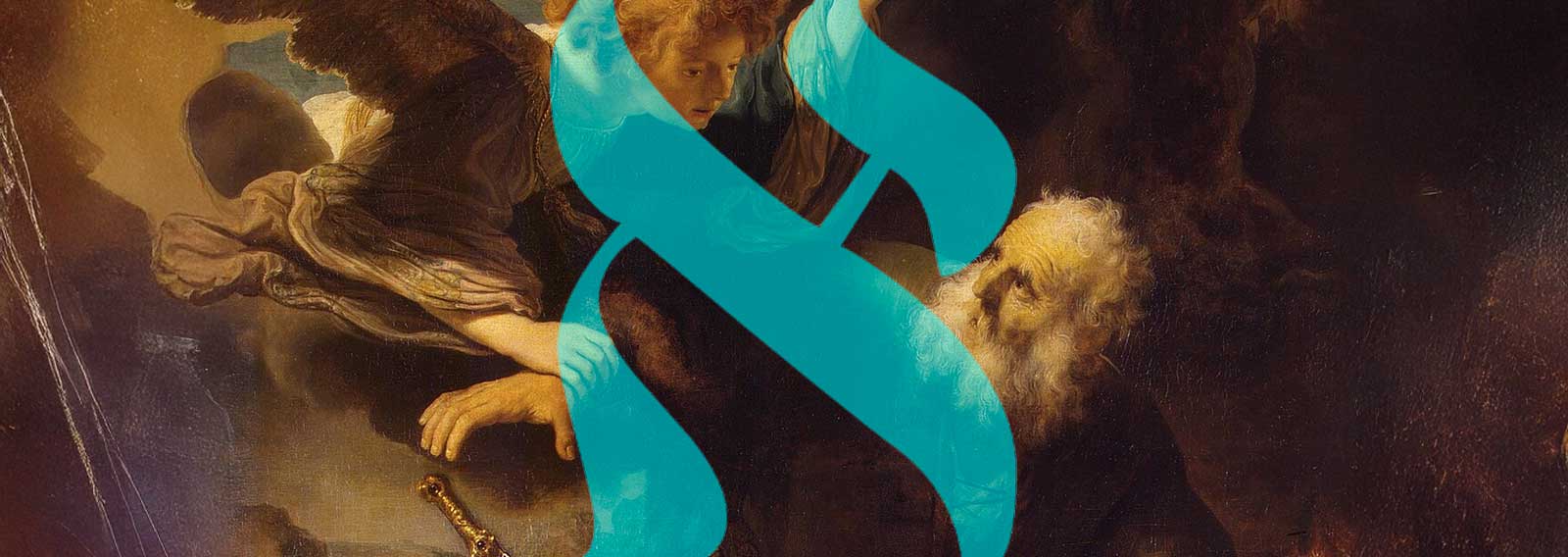Nigel Biggar’s book, Colonialism: A Moral Reckoning (2021) is a much-needed corrective to the lies and misinformation being propagated in schools all over the world. For instance, after nearly one hundred and fifty years of transporting slaves across the Atlantic Ocean, the British abolished the slave trade and spent the subsequent 150 years deploying the Royal Navy to stop the slave trade across the world. Not only was this the first time a major superpower abolished the ancient practice of slavery, but it was also the first instance of an empire suppressing it beyond its borders.
Up to thirty-six ships from the Royal Navy, over 13% of the Empire’s total manpower, were stationed off the Coast of Africa, policing the Atlantic Ocean until the late eighteen hundreds. Britain was able to pressure countries like Brazil in passing legislation that outlawed the slave trade. Before his death in 1865, the twice-prime minister Lord Palmerston wrote that ‘the achievement which I look back on with the greatest and purest pleasure was forcing the Brazilians to give up their slave trade’. Ultimately, two thousand British Sailors gave their life to stop the international slave trade.
But what most people have never been taught though, is that the anti-slavery movement actually began much earlier than 1833. In fact, in 1791, about thirty percent of the adult male population of Britain signed anti-slavery petitions. Few people realise today that the largest department of the British Empire’s Foreign Office for two decades was the Slave Trade Department, which was set up to suppress slavery worldwide.[1]
It is also a little-known fact today, that according to the historian David Eltis, it cost the British Empire more money to end the slave trade than it received in profits from it. It cost taxpayers nearly two billion pounds every year for half a century. For context, the British today spends two percent of their GDP on national defence. In comparison the British Empire nearly 2% of its GDP every year for fifty years to end the slave trade. In fact, the British taxpayer only finished paying off the debt of ending slavery in 2015.
However, despite these astonishing facts about the British Empire, recent You Gov polling found that 60% of Britons who were proud of the British Empire in 2014, had drastically halved to almost 30% by 2020. Other polling has also shown that only one in five young people view Winston Churchill favourably.
Today, colonialism is routinely called essentially evil, genocidal, greedy, and racist. These attitudes have generated a wave of riots tearing down statues and rejecting anything that has been a product of European colonialism.
So how did attitudes about the British Empire change so quickly? Is the legacy of the British Empire good or bad? Was it built on slavery or cooperation? Did it expand through violence or trade? And was the British Empire essentially racist?
These are the questions at the heart of Cambridge academic Nigel Biggar’s new book, ‘Colonialism: A Moral Reckoning’, and what follows is some his most important ideas which very people have been taught today.
CHAPTER 1: THE ORIGINS OF THE BRITISH EMPIRE
Before asking whether the British Empire was evil, we first need to consider how a small European island at its peak controlled nearly a quarter of the world’s land mass.
So why did England choose to expand? Well, like many complex ideas, there was no single motivation that drove the British Empire. For example, the British Empire began expanding when the Kingdom of Wessex sought to secure its borders in response to Danish and Welsh invasions. Even the conquest of the North America was driven by the threat of Catholic Spain, which was committed to overthrowing protestant Europe.
Additionally, British privateers established colonial ports at key strategic locations in Africa and America in response to Spanish competition. For many young British officers of the East Indian trading company, they were driven by the intention to trade and the excitement of adventure, like John Malcolm, who joined the EIC to because his father had gone bankrupt. Malcolm ended up learning and documenting the Persian language and history, and eventually became the governor of Bombay. The governor, like many others in the British Empire, was motivated to escape poverty and earn a living.
In fact, British colonialism began and was supported by mutual cooperation with the local population. For example, the EIC secured trading ports in India, and after hiring and training Indian troops, developed small colonies. Many Indian rulers actually paid the British military to protect their kingdoms against other native rulers, who began giving land to the British as payment. As Tirthankar Roy, one of the leading Indian historians of the twenty first century states:
Turning the emergence of the empire into a battle between good and evil creates melodrama; it invites the reader to take sides in a fake holy war. But if good soap opera, it is bad history. The empire was not an invasion. Many Indians, because they did not trust other Indians, wanted the British to secure power. They preferred British rule over indigenous alternatives and helped the Company form a state. The empire emerged mainly from alliances. It emerged from lands ‘ceded’ to the Company by Indian friends, rather than lands it ‘conquered’. The Company came to rule India because many Indians wanted it to.[2]
Interestingly, it was the British who were keener in documenting the culture and languages Persian, Hindu and Bengali people, than the locals. For example, the EIC officer Warren Hastings pioneered the revival of the Indian Sanskrit.
Money and knowledge were not the only motivation for colonies, It was also agreed by officers like John Malcolm and James Abbott, that to leave India would be dangerous, because it would cause a power struggle between warring states. So, if the British Empire expanded through cooperation with local Indian rulers, what about Africa? Again, the British were motivated not just by one goal, but many.
First, Britain wanted to stop the spread of Militant Islam to protect trade with Uganda and Nyasaland.
Second, Britain wanted to end intertribal warfare between kingdoms like the Zulu and Ndebele, which was a cause of human misery, slave trafficking and trade disruptions.
Third, as Lord Salisbury argued in the 1890 Anglo-German Agreement Bill, acquisition of land would stop the escalation of European nations going to war over local conflicts.
Fourth, in places like Egypt, Britain were duty bound to protect their investments in the Egyptian government which was on the verge of bankruptcy. London’s aims in Cairo were not to directly govern, but to enact fiscal reform to the benefit of both countries which was the view of the British comptroller general in Egypt, Lord Cromer. In fact, the colonial office did not want to directly govern Egypt because of the financial responsibility and burden of administration, the exact reason it declined the offer of exclusive control over Gladstone by the Ottoman Sultan.
Fifth, as early as Sir Thomas Munro, the governor of Madras from 1819-27, Britain saw its role in many of its colonies as the precursor to self-government. This reality was made pertinent after the American war of Independence, which saw Canada, Australia, New Zealand and South Africa granted the status of self-governing dominions.
As Biggar points out, there was no single ‘set of motives that drove the British Empire’. It was a collection of reasons which differed between ‘trader, migrant, soldier, missionary, entrepreneur, financier, government official and statesmen.’ These ranged from,
‘The aversion to poverty and persecution, the yearning for a better life, the desire to make one’s way in the world, the duty to satisfy shareholders, the lure of adventure, cultural curiosity, the need to make peace and keep it, the concomitant need to maintain martial prestige, the imperative of gaining military or political advantage over enemies and rivals, and the vocation to lift oppression and establish stable self-government.’
But what about slavery? Wasn’t the British motivated by the benefits of buying, working and selling slaves?
CHAPTER 2: THE BRITISH EMPIRE AND SLAVERY
Before we unpack colonial slavery, we first have to understand its history. Slavery was not unique to the British Empire; rather it is both ancient and universal.
In Asia, for instance, slavery could be found as early as seventh century AD in China. In North and South America, the Comanche, Aztecs and Incas all ‘ran a slave economy from the eighteenth century. Since Muhammad, the Islamic world has utilised slavery, even receiving white European slaves from Viking traders in the eighth and ninth centuries.
It is a little-known fact today, but the word slave actually comes from the European group of people ‘Slav’. One historian estimates over 1.25 million Europeans were enslaved in the North African trade before the end of the eighteenth century. By comparison, it is estimated that while Europeans transported 11 million slaves from Africa, another 17 million were shipped by the Islamic slave trade. Similarly, African tribes have been enslaving each other for centuries. Many of these slaves was used as human sacrifices, as Biggar quotes one report from 1797 which recorded between 1400-1500 people sacrificed at a royal funeral in Asante Africa.
The British were not even the first or largest slave trader in Africa. The Portuguese Empire was the first European nation to seek slaves from West Africa from 1440. By 1866, the Portuguese had almost shipped 5.9 million slaves, which is 46.7% of the total African slave trade by Europeans, compared to the 26.1% of the British.
So why does the criticism for slavery often rest on Britain, if it was part of such an ancient and universal practice? One of the critics to popularise British Slavery, in particular, was the historian Eric Williams, in his seminal work Capitalism and Slavery (1944), where he argued slavery made ‘an enormous contribution to Britain’s industrial development.’
Unfortunately for Williams, his thesis has since been widely discredited by academics familiar with British Economic history. In the 1960s, Roger Anstey calculated the profits of slavery to be far below the revenue needed to finance the industrial revolution. This view was confirmed by David Robertson Richardson who estimated the total profits of the slave trade to be around 1 percent of Britain’s total domestic investment around 1790. More recently, David Brion Davis, an expert in 20th century slavery pronounced the death of William’s thesis, declaring that it ‘has now been wholly discredited by other scholars.’
CHAPTER 3: AN EMPIRE OF STOLEN LAND?
What about countries like Australia, New Zealand, and Canada, where native tribes did not always negotiate formal treaties with the British government?
In 1768, Captain was instructed that he was to ‘endeavour by all proper means to cultivate a friendship and alliance with [the native peoples]’ and ‘with [their] consent to take possession of convenient situations in the country in the name of the King of Great Britain’.
So why didn’t the British build an alliance like it did with local groups in India?
First, most of the local tribal groups had shifting borders due to conflict and migration. The Canadian historian Tom Flanagan argues, it is hard to do justice
‘to the war of extermination waged by the Iroquois against the Huron, or to the ferocious struggles between the Cree and the Blackfoot over access to the buffalo herds. The historical record clearly shows that, while aboriginal peoples exercised a kind of collective control over territories, the boundaries were neither long-lasting nor well defined and communities must have been repeatedly formed, dissolved, and reconstituted with different identities.’
In America, the Comanches launched ‘an explosive expansion’, which obliterated “the Apache civilisation from the Great Plains and carved out ‘a vast territory. From 1750 to 1850 their empire dominated the region, building ‘the largest slave economy in the colonial Southwest”.
In Australia, the historian Geoffrey Blainey points out the rate of violent deaths in some areas between Aboriginal tribal groups was greater than the rate of violent deaths in almost every European country during World War II. There are several documented accounts of early Aboriginal tribes wiping out other tribes in what is now known as northern Victoria.
In New Zealand, Polynesian explorers began what has been called ‘the Maori colonial era’, which by the fifteenth century gave rise to intertribal warfare, enslavement, generational vendettas and sometimes cannibalism. As Biggar points out, ‘The bloodshed ended thanks in part to the influence of Christianity, which forbad cannibalism and slavery, and whose influence was spread by Maori evangelists, many of them former slaves.’ According to a leading New Zealand historian,
“By 1850 the balance sheet of benefits and disadvantages of British administration might well have appeared favourable to many Maori. There appeared to be a place for Maori people in a variety of colonial activities. They profited from the increased pace of development as settlement expanded. Through government employment on road and other public works, as well as through private contracts, Maori earned considerable amounts in cash. The new authority in the land also gradually overcame some of the old tribal antagonisms and made it possible for tribes to mix and communicate more freely. Under [Governor George] Grey’s administration, some of the long-promised welfare benefits were provided: hospitals were opened and the Education Ordinance provided for Maori education.”
Nevertheless, there were many instances of hostile conflict between natives and settlers, which were often one-sided, brutal and devastating for the local populations. Unfortunately, most of it happened outside of government control, which could not stop the individual expansion of the enterprise. As Biggar writes,
“Sometimes native peoples lost territory to colonists because the latter mistook land that was unoccupied or uncultivated for land that was unowned. Sometimes the natives lost it because they were conquered by ungoverned settlers in war that easily flared up on lawless frontiers, where fear was abundant and trust rare. However, where British imperial authorities succeeded in asserting their ‘sovereignty’ over territory, native title to land was recognised and its transfer to settlers regulated – in principle and sometimes in practice – for the sake of justice and of peace.”
CHAPTER 4: CONCLUSION
So why are these reasonable and balanced accounts of the British Empire covered up and rarely discussed? As Biggar points out, ‘The controversy over empire is not really a controversy about history at all. It is about the present, not the past.’
Some of the most important debates in Australia today, in changing the constitution to have an enshrined Voice to Parliament for Aboriginal people and the international push for reparations, are justified by a one-sided view of colonial history.
The anger towards the British Empire is so strong that Biggar’s book was pulled by Bloomsbury publishing right before its release because ‘public feeling’ was ‘not currently favourable’. The book had already gone through rigorous peer review from some of the world’s most prominent academics on the subject. Biggar’s book was not cancelled by its publishers for a lack of research, but rather a fear of backlash from anti-colonial activists.
Today, academic papers like ‘From Colonisation to the Holocaust’, ‘The Erotics of Resistance’ and ‘Colonisations impact on climate change and the queer community’ pass as serious research. The truth is, all of the most prosperous nations in the world are heirs of the British Empire, its institutions, laws, customs, and language.
If anyone wants to understand where we are today, and where are going, we must have a better and more balanced understanding of our history, which includes the good, the bad, and everything in between.
Without a proper appreciation for history, we may never improve on the prosperity and peace laid down by the foundations of the British Empire.
[1] Despite the difficulty of stopping African and Indian warlords from continuing the practice, the East Indian Trading Company abolished slavery by law in 1843.
[2] Roy, Economic History of India, 1707–1857 (London: Routledge, 2021) pp. 4–5.
























